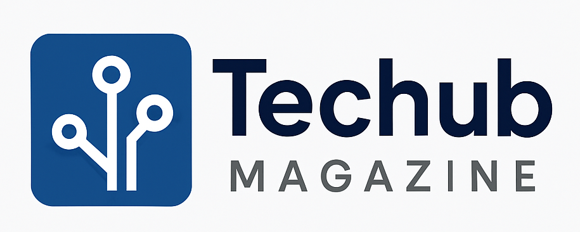In the rapidly evolving world of technology and innovation, the role of tech hubs as catalysts for industrial growth and advancement cannot be overstated. Among the many facets of technological success, precision and accuracy stand at the forefront, making test equipment calibration an essential component of the ecosystem. Tech hubs, as breeding grounds for startups, research, and high-tech manufacturing, depend on reliable and calibrated testing tools to ensure the integrity of products, compliance with international standards, and the accuracy of groundbreaking R&D efforts. This convergence between test equipment calibration and tech hubs highlights the critical intersection of quality control, innovation, and global competitiveness.
Supporting High-Tech Manufacturing Startups
Tech hubs often nurture startups and companies working in industries like electronics, aerospace, and medical devices, where precision testing is crucial. Proper calibration of test equipment ensures these companies can deliver reliable and high-quality products, which is essential for gaining market trust and regulatory compliance.
Promoting Industry Standards
Tech hubs serve as innovation centers but also play a role in promoting adherence to international standards such as ISO, ANSI, or other certifications. Calibration labs within or associated with tech hubs provide the services needed to meet these standards, enabling companies to scale globally.
Advancing R&D Projects
Research and development projects hosted by tech hubs often rely on calibrated test equipment to validate prototypes, ensure accurate data collection, and optimize designs. Calibration minimizes errors in testing and helps achieve reproducible results, a cornerstone of successful R&D.
Fostering Collaboration with Calibration Experts
Tech hubs are ecosystems where startups and established companies collaborate with experts, including those specializing in test equipment calibration. This relationship helps companies access state-of-the-art calibration techniques and equipment without significant investment.
Ensuring Quality Control in Emerging Technologies
Areas like IoT, AI, robotics, and telecommunications—frequently explored in tech hubs—rely on precise measurements and reliable data. Regular calibration ensures that test equipment performs optimally, which is vital in fields where even small inaccuracies can have significant consequences.
Driving Innovation in Calibration Technologies
Some tech hubs focus on hardware innovation, creating opportunities for the development of next-generation calibration tools. These advancements can improve automation, efficiency, and accuracy in the calibration process.
Training and Skill Development
Tech hubs often provide access to technical training programs. This includes educating engineers and technicians on the importance of equipment calibration and how to maintain testing standards, fostering a culture of precision and quality.
Building Calibration Facilities in Tech Hubs
Larger tech hubs may integrate on-site calibration labs or partner with calibration service providers to meet the immediate needs of tenants. This convenience helps startups and small businesses save time and maintain compliance.
Conclusion
Test equipment calibration is a fundamental enabler for industries supported by tech hubs. It ensures precision, supports innovation, and drives the production of high-quality products. Tech hubs act as a bridge by providing resources, expertise, and facilities for startups and established companies to maintain industry standards and excel in technological advancements.
